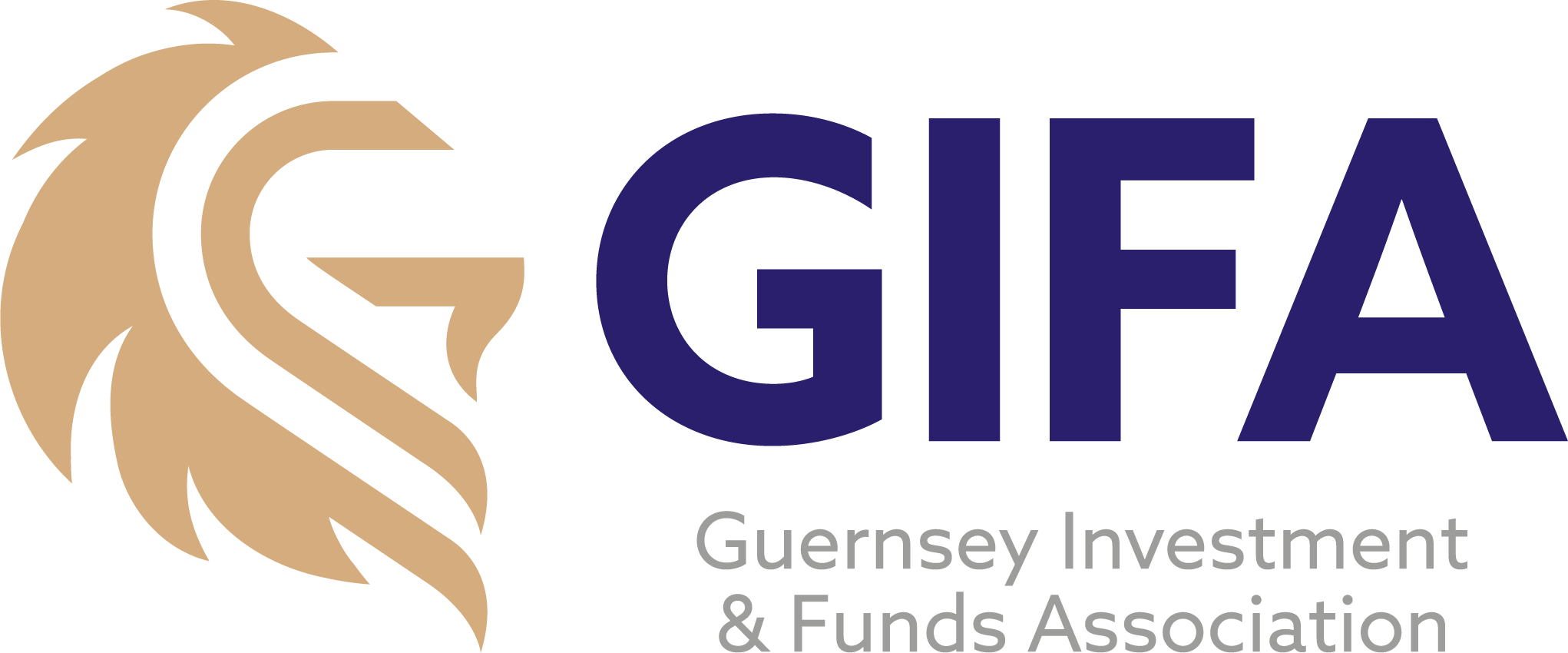Day two of Sustainable Finance Week focused on natural capital and biodiversity. A keynote address from Dr Gemma Cranston, Executive Director of climate change investment and advisory firm Pollination Group, focused on the fact that the human race simply cannot exist without nature. She reminded the audience that nature is underpinned by biodiversity, and while it is priceless, we need to value it more in our economy.
More fascinating insights emerged from the two panel sessions, which explored business models for natural capital and innovative investment asset classes.
Here is our round-up of six key takeaways from the afternoon.Impacts and dependencies
“If we lose the pollinators, we’re looking at a global annual loss of $577 billion. If we don’t think about the natural habits of bees, that’s what will happen,” said Gemma.
Our world and the global economy depend on nature. The Double Materiality concept in sustainable reporting suggests that we need to look at the impact of an organisation on the environment as well as the impact of nature on the organisation’s financial value.
Kate Rogers, Global Head of Sustainability Wealth Management at Cazenove Capital explained how important these externalities are now to investment decision-making and that investors want to support companies creating positive externalities.Long-term mindset
Carbon projects take time, and when asked what the biggest barriers to scaling up nature finance are, Gemma said: “return expectations and time.”
“We need to be patient. You can’t switch on the ability to sequester 100,000 tonnes of carbon because the plants need time to grow, photosynthesise, and capture that carbon, so we need a mindset shift. It’s going to be 10 or 15 years before we are going to get a return.”We can’t wait for perfect
James King, from PwC’s Sustainability and Climate Change consulting team, said: “What gets measured gets managed; with net zero, there is a clear north star. With nature, it’s much more complicated, but we have to start somewhere, we need to fail fast and learn. Work out what data you have, be clear about what is most material, but start somewhere.”
Chris Villiers, Director of Portfolio Management at Respira International echoed that sentiment when he talked about the growing pains of the carbon credit market but said that projects launching now benefit from the earlier movers’ experiences in the market.New wealth controllers
Family offices will soon see a massive wealth transfer. They are responsible for many private companies under their stewardship, with the next generation keen to make an impact. Yet panellists agreed that the finance industry needs to be better equipped to deal with these new wealth controllers who want to make their portfolios sustainable.
Kate said: “In terms of the demand picture, there is a massive opportunity in the transfer of owners of wealth. The pattern we see is that the new holders are more purpose and values-driven and, therefore, have ideas of what they want to avoid. They want values alignment with their investment portfolios. We’ve seen a tripling of our assets under management in sustainable products.”Philanthropic versus commercial capital
Andrew Mitchell, founder of Equilibrium Futures and one of the architects of the Taskforce on Nature-related Financial Disclosures (TNFD), explained that typically, we are still seeing philanthropy or governments providing the risk capital to new climate or nature-related initiatives, followed later by commercial capital.
Gemma argued that we don’t have time for that model, and corporates might be missing investment opportunities. “We are seeing NGOs setting up projects with biodiversity outcomes at the heart, but they are all expecting philanthropic support; they are not getting commercial capital. They are ecologists and conservationists, but they are not business people.” She explained that we need to commercialise entities with a venture capital mentality sooner so they become investable.Sustainable decision making
The need to shift to sustainability as the default, not as an alternative option, was touched upon throughout the session.
Richard Burrett, Chief Sustainability Officer at Earth Capital, suggested that ‘nudge’ techniques help people to make sustainable decisions. Equally, businesses need to switch their decision-making from profiting from damaging nature to making a profit while solving human social and environmental problems.
Kate reassured the audience that the move towards more sustainable investment approaches is happening and that it is positive; in our pensions and savings, we can invest sustainably.
